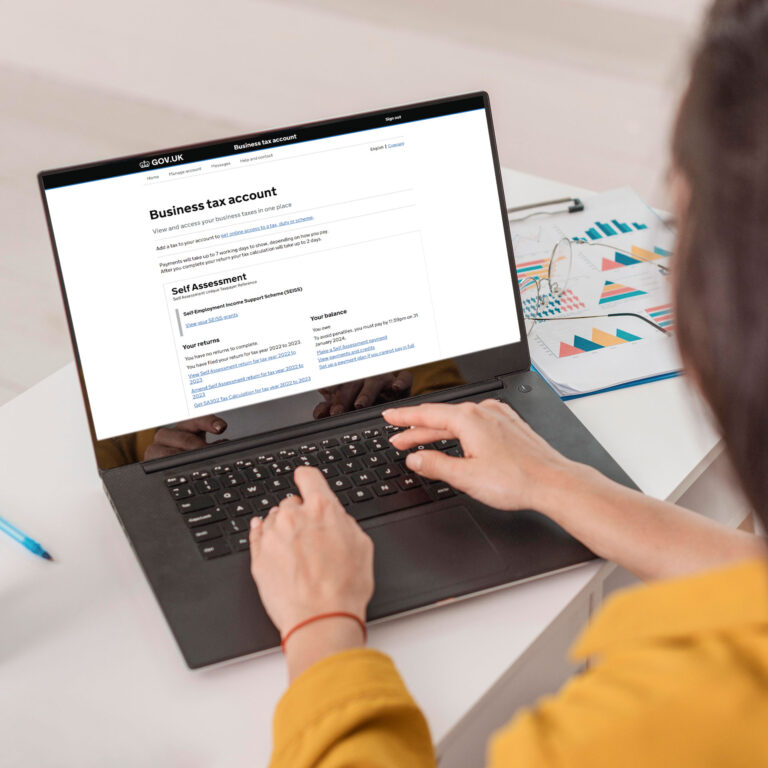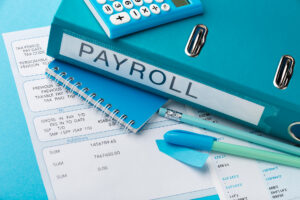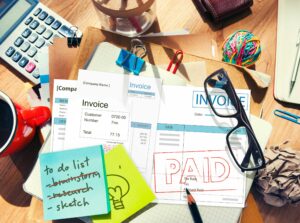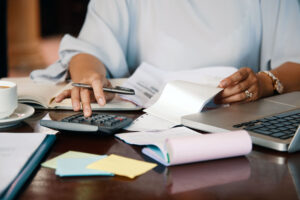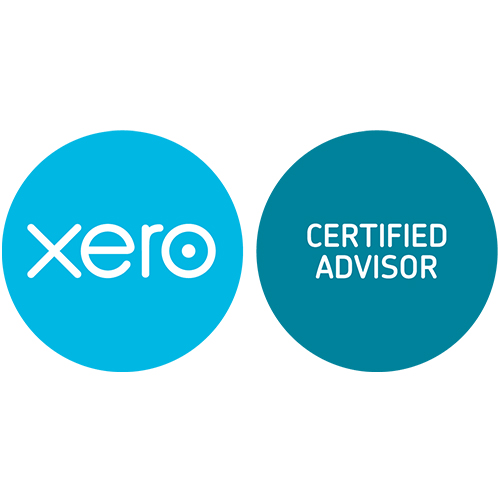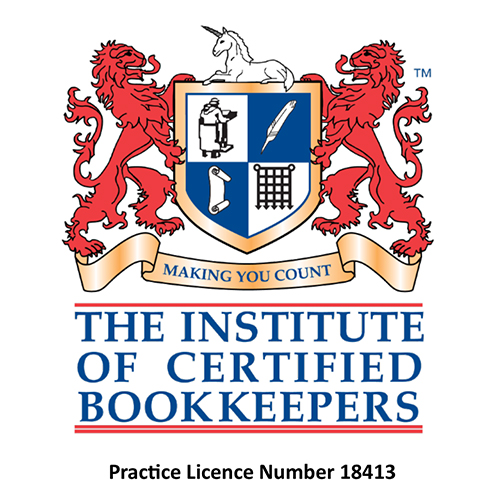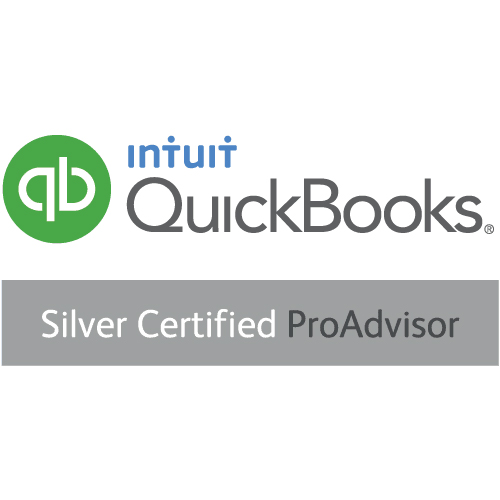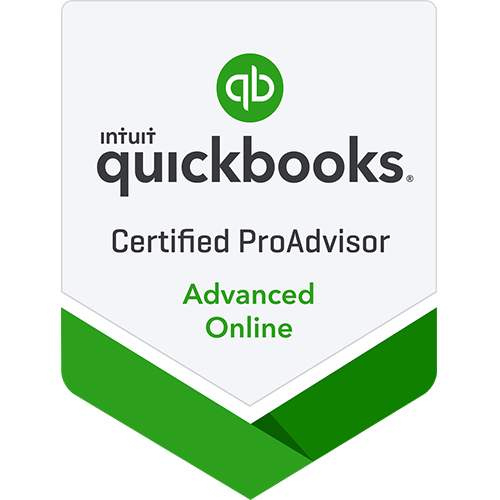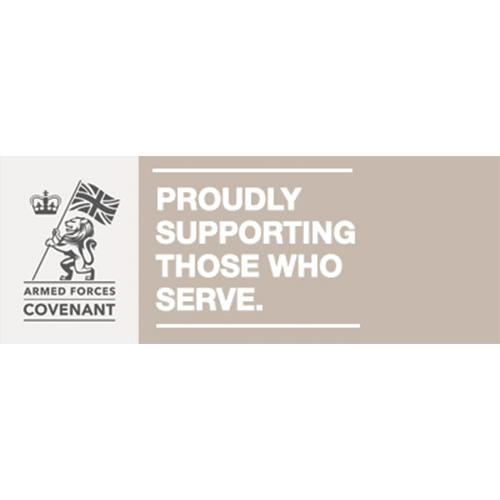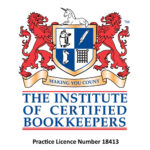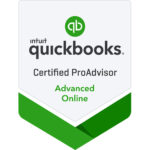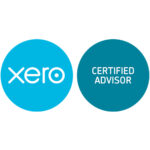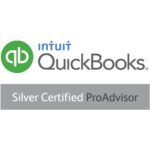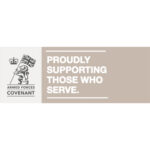As a sole trader submitting your self-assessment tax return can be a daunting prospect. The good news is that with careful preparation and a clear understanding of the process, you can make the experience smoother and more efficient for yourself.
Continue reading for our guide on preparing to submit your tax return and if you have any questions, just get in touch and we’ll be happy to help.
Know Your Tax Obligations
Understanding your tax obligations is the first step to a stress reduced (we won’t say stress free as we can’t promise that) self-assessment. As a sole trader, you are required to complete a self-assessment tax return every year you’re in business, if your turnover is more than £1000. If you’re not sure what that means, you find out more about turnover in one of our previous blogs.
Knowing the key dates for submitting your tax return and making payments will help you to avoid penalties for late filing/payments. The self-assessment deadline for online submissions is typically January 31st following the end of the tax year. A payment is usually due by the same date and then again in the summer, on 31st July.
If you’ve not done a self-assessment before it worth noting that often you are required to make a payment on account (in advance) for the financial year after the one you’re submitting. This can make your first tax bill much higher than you’re expecting, so it’s worth saving extra towards your bill, so you’re not caught short.
Organise Your Financial Records
Organised records are the backbone of a smooth tax return process. Throughout the year you want to be aiming to maintain a systematic approach to record-keeping. This means keeping track of all your income and expenses.
The easiest way to do this is to use accounting software to track your transactions. You also need to keep a record of all relevant documents such as invoices, receipts, and bank statements. These don’t have to be physical copies anymore, you can keep electronic copies. Either way, make sure they’re organised and not just in a box under the bed.
Understand Allowable Expenses
As a sole trader, you can deduct business-related costs (known as expenses) such as office supplies, travel, and equipment, from the money you earn. You only pay tax on your net profit, which is the amount you earned, minus any allowable expenses. As a sole trader, not all expenses are allowable for tax deduction purposes. The one that often trips people over is food and entertaining. So if you meet a client for coffee and you pay, you can’t deduct that cost as an allowable expense for tax purposes.
Again, you need to keep detailed records and receipts to prove your expenses are allowable (or not).
Keep Personal and Business Finances Separate
Maintaining a clear separation between personal and business finances is key to making your life easier.
Having a separate business and personal bank account is an easy way to keep your transactions & finances separate. This helps not only when it comes to your day-to-day bookkeeping, but also in terms of mindset and seeing the financial health of your business.
Explore Tax Deductions and Credits
There are a number of initiatives in the UK relating to tax, so it’s worthwhile investigating tax deductions and credits that might be available to you.
Things like the Annual Investment Allowance and Marriage Allowance could reduce your tax bill. The best place to find out all the details of these opportunities is on the HMRC website.
Plan for Tax Payments
As mentioned above, you’ll likely have to make two tax payments per year.
The best way to prepare for these payments is to plan for them and save throughout the year. Most sole traders find that saving between 20-30% of their income will cover their tax bill, national insurance obligations and any student loan repayments.
If you’re worried about your tax bill, an accountant will be able to work with you to provide a rough estimate of what you could expect. This can help to put your mind at rest, especially if you’re new to self-employment or your income has changed considerably since your last self-assessment.
Seek Professional Guidance if Needed
If you’re struggling in any way with your tax return, it’s worth seeking help from a professional. This could be a bookkeeper if you’re finding the record keeping part an issue, or an accountant or tax adviser if you’re stressed about the tax side of things.
Our expertise can be invaluable in navigating complex tax regulations, optimising your tax position, and ensuring compliance. When selecting a professional it’s important to choose someone with the right qualifications, experience, and industry knowledge. We wrote a blog on choosing the perfect accountant for your business, if you want to know more about what to look for.
If you follow the steps in this guide it should help you to approach your self-assessment more positively. We know how nerve wracking tax returns can be and are here to support you if needed.
We recommend working with a bookkeeper and/or accountant (we do both) as soon as you think you’re struggling. A lot of the work for your self-assessment can be completed throughout the year. If you stay on top of things, January doesn’t have to be a nightmare time for you. In fact – you could be submitting your tax returns in April/May, rather than leaving it to the last minute. It doesn’t change how much you owe, it just gives you that information a lot sooner.
Get in touch if you need support with your self assessment.


